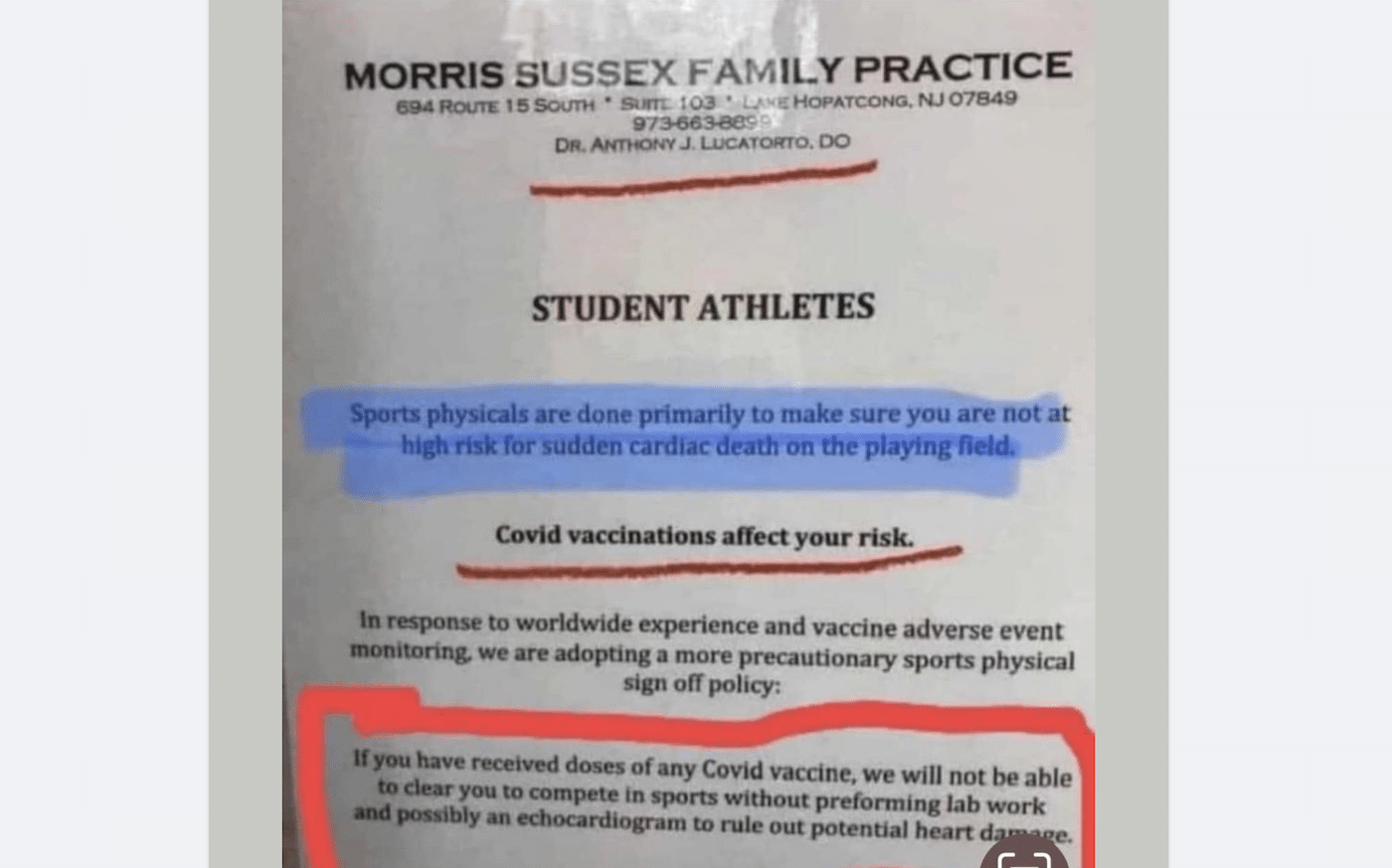- Health
Eating alkaline food cannot prevent or cure COVID-19
Key takeaway
Scientists have not determined the ideal pH environment for SARS-CoV-2. In addition, the cells of the tissues that SARS-CoV-2 primarily targets, including the lungs and intestines, maintain a very tightly controlled pH both inside and out in order to maintain cellular metabolism and proper enzyme activity. Altering pH in cells and tissues beyond a very narrow range would likely result in death.
Reviewed content

Verdict:
Claim:
The pH for the coronavirus varies from 5.5 to 8.5. What we need to do to defeat the coronavirus is to consume more alkaline foods above the virus’ pH level.
Verdict detail
Factually inaccurate: Viruses do not have a pH themselves, nor can the pH of the tissues targeted by SARS-CoV-2 be altered by food intake.
Full Claim
The pH for the coronavirus varies from 5.5 to 8.5. What we need to do to defeat the coronavirus is to consume more alkaline foods above the virus’ pH level.
An image containing the claim that eating alkaline foods can “defeat” SARS-CoV-2, the virus that causes COVID-19, has been shared at least 800,000 times on Facebook since early April 2020. This claim is incorrect and displays a fundamental misunderstanding of basic science principles.
First, viruses do not have their own pH. Sarah Stanley, an associate professor of infectious diseases and vaccinology at the University of California, Berkeley, explained to The Associated Press that “pH is something that applies to a water-based solution, which a virus is not.”
Second, the pH of the body’s different tissues, blood, and cells are all very tightly controlled, as is the extracellular environment where the virus first binds to cells. “The body maintains a very narrow pH (7-7.4), which is the range at which the chemical reactions that keep us alive are optimal”, writes Steven Novella, a clinical neurologist at the Yale University School of Medicine. “If the pH strays outside this range, you will indeed become acutely ill. For this reason animals have evolved a host of powerful mechanisms to keep the blood and tissues within this very narrow pH. ….These mechanisms for maintaining a narrow range of pH (in a healthy person) overwhelm the effect of whatever you eat or drink.”
The pH of saliva can indeed vary depending on overall health, the presence of periodontal disease, or food intake[1], but the mouth is not the only route of entry for SARS-CoV-2 and so far it doesn’t appear to contain the same density of cells containing the ACE2 receptors that the virus targets as do other tissues. Currently, the tissues that are thought to be more vulnerable to infection include the lungs, esophagus, heart, kidney, bladder, and intestines, which again are tightly controlled in terms of pH[2,3].
Finally, and perhaps most glaringly, the post lists the wrong pH values for all of the foods that it recommends eating to combat SARS-CoV-2. In fact, every food item on the list has an acidic pH—that is, below 7—rather than an alkaline pH as the post suggests. Further, two of the food items, avocado and dandelion, are labeled with pH values that are rarely if ever found in nature, let alone in foods that people could safely consume.
In summary, food at any pH will not alter the very tightly controlled pH of tissues targeted by SARS-CoV-2. Therefore, an alkaline diet will neither prevent nor treat SARS-CoV-2 infection.
READ MORE
Other fact checkers also covered this claim: Lead Stories rated it “False” and Africa Check labeled it “Incorrect”.
Health Feedback is working with the CoronaVirusFacts, a coalition of more than 100 fact-checkers who are fighting misinformation related to the COVID-19 pandemic. Learn more about the alliance here.
REFERENCES
- 1 – Pedersen et al. (2018) Salivary secretion in health and disease. Journal of Oral Rehabilitation.
- 2 – Timens et al. (2004) Tissue distribution of ACE2 protein, the functional receptor for SARS coronavirus. A first step in understanding SARS pathogenesis. The Journal of Pathology.
- 3 – Xu et al. (2020) High expression of ACE2 receptor of 2019-nCoV on the epithelial cells of oral mucosa. International Journal of Oral Science.



